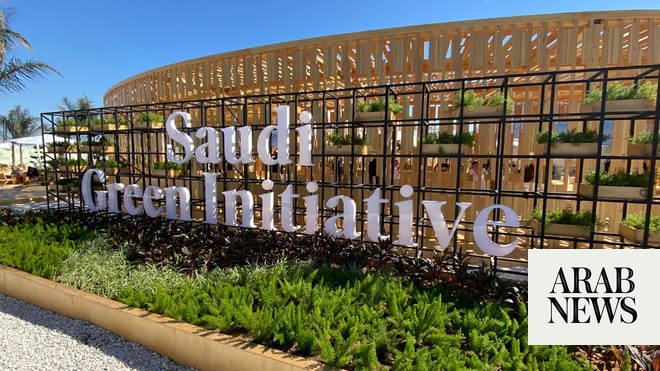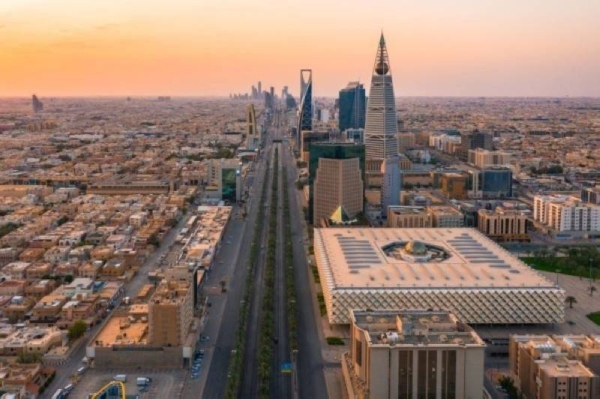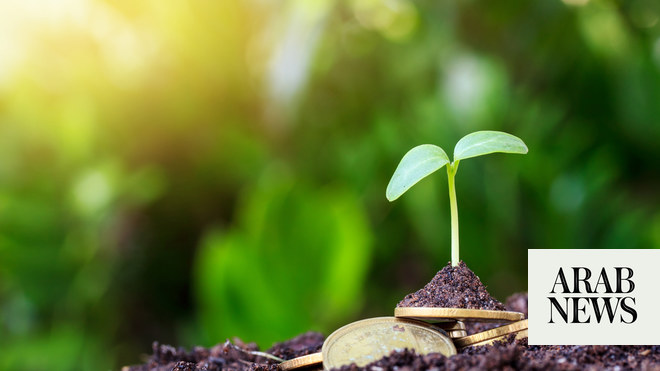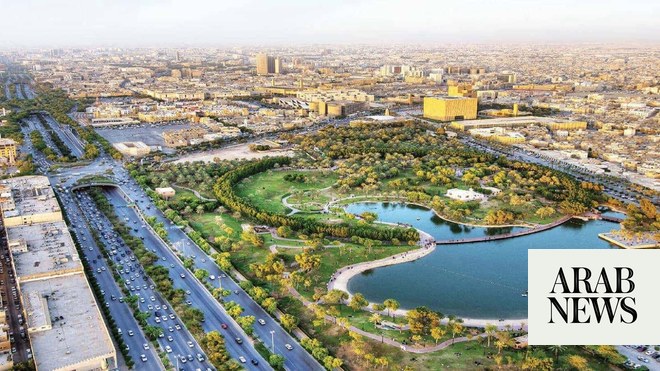
RIYADH: Public and private participation in climate financing in Saudi Arabia is poised to receive a boost with the introduction of the Green Finance Framework.
This initiative, launched by the Ministry of Finance, is aimed at propelling the nation toward its sustainability goals and achieving net-zero emissions by 2060, Saudi Press Agency reported.
The framework is expected to contribute to the efforts aimed at reducing emissions through a circular carbon economy approach, along with positioning Saudi Arabia as a regional leader in sustainable finance.
It was in October 2021 that Saudi Arabia announced its ambitious goal to achieve net-zero emissions by 2060.
With this framework, the Kingdom aims to significantly reduce greenhouse gas emissions by 278 million tonnes annually by 2030, aligning with the commitments under the Paris Agreement.
The Paris Agreement is an international treaty on climate change that was produced in 2015 and compels signatories to work toward limiting the global temperature increase to 1.5 °C above pre-industrial levels.
The Kingdom has been spearheading several initiatives including the Saudi Green Initiative to combat the adverse effects of climate change over the past few years.
On March 27, the Kingdom celebrated its first Saudi Green Initiative Day highlighting the importance of fostering a sustainable legacy for future generations.
The celebration was organized under the theme “For Our Today and Their Tomorrow: KSA Together for a Greener Future” and it highlighted the collaboration of more than 80 public and private sector projects that are part of the SGI.
To date, Saudi Arabia has deployed 2.8 gigawatts of renewable energy to the national grid, powering more than 520,000 homes, with additional projects underway to increase capacity.
Moreover, more than 49 million trees and shrubs have been planted throughout the Kingdom since 2021, and extensive land rehabilitation efforts have been undertaken.
Additionally, energy giant Saudi Aramco, in collaboration with the Kingdom’s Ministry of Energy is building a carbon capture and storage hub in Jubail, which will have 9 million tonnes annual storage capacity upon its completion in 2027.












